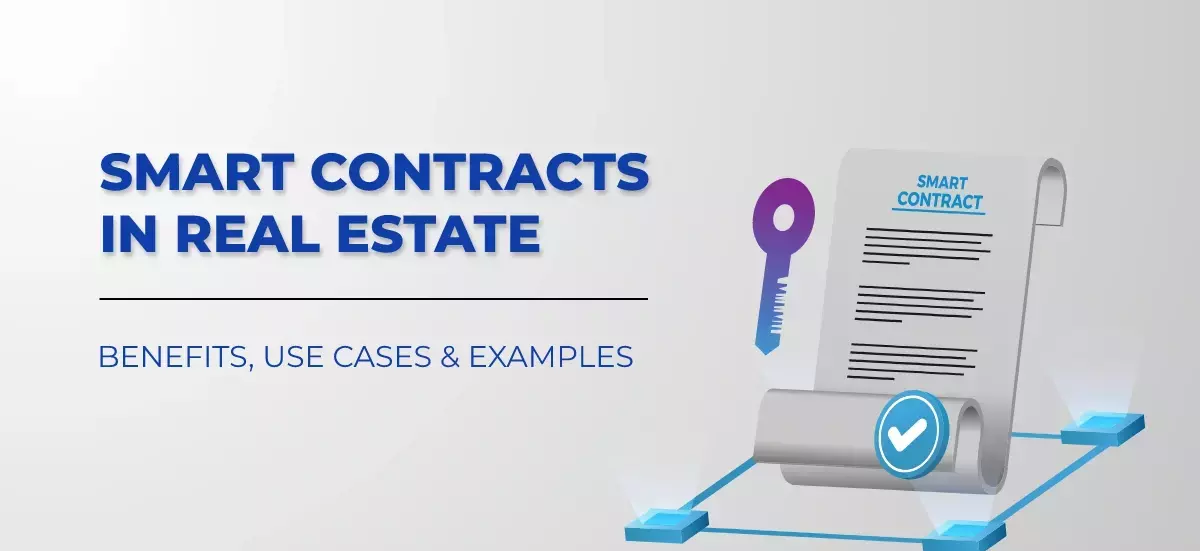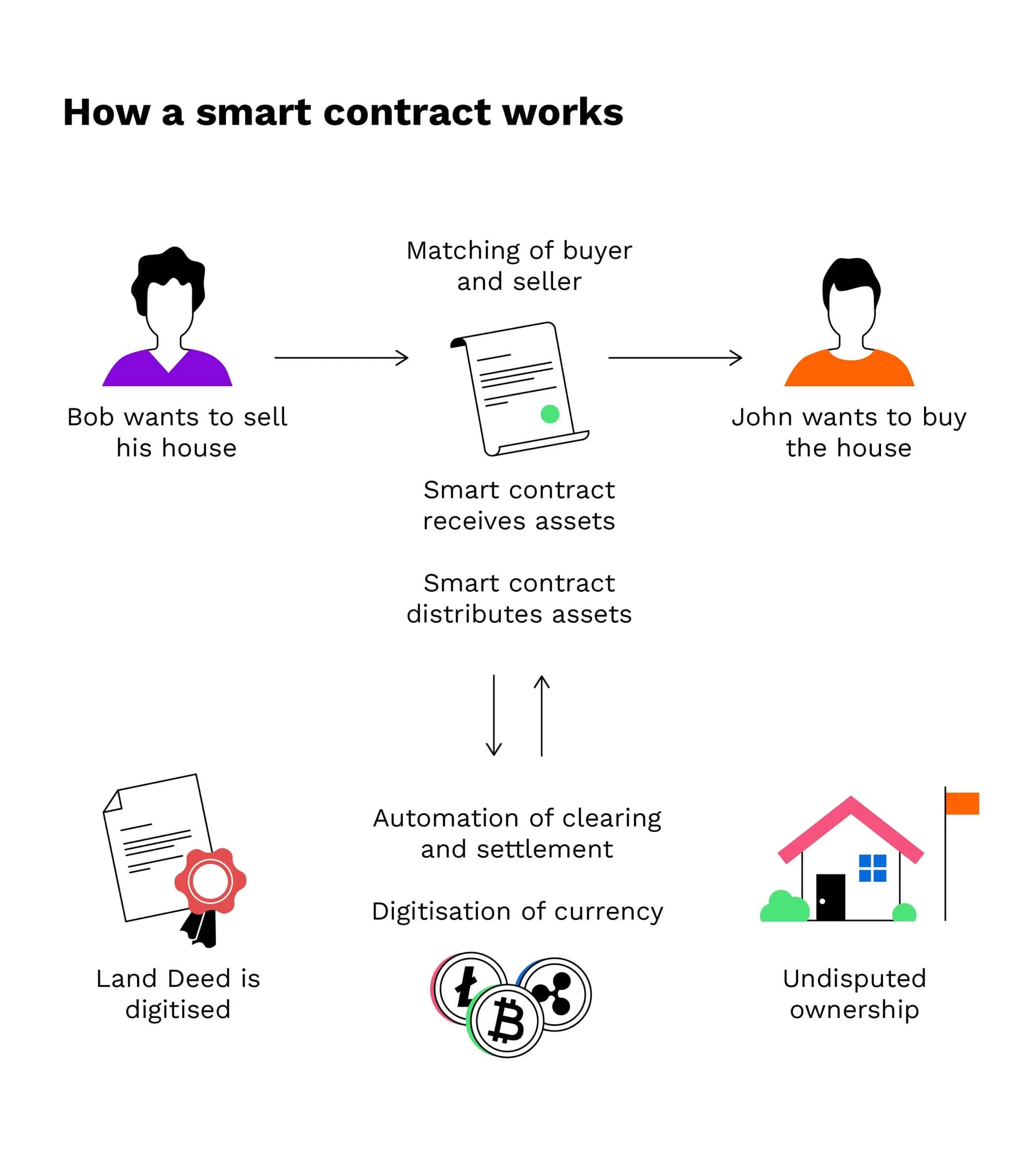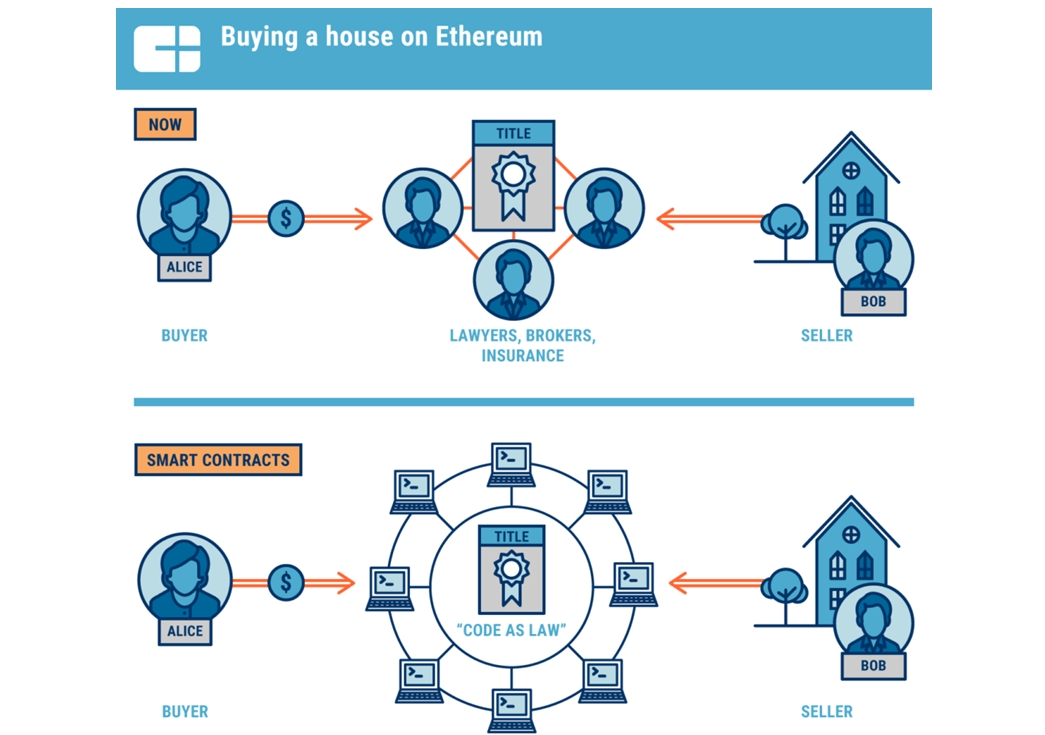
Smart Contracts in Real Estate: Streamlining Transactions
Discover how smart contracts are revolutionizing real estate transactions.Picture this: You've found your dream home, but the closing process feels like it's taking forever. Stacks of paperwork, endless back-and-forth with lawyers, and a constant worry that something might fall through at the last minute. Sound familiar? As a real estate professional with over a decade of experience, I've seen countless deals nearly derail due to these inefficiencies. But what if I told you there's a technology that could streamline this entire process, making property transactions faster, more secure, and significantly less stressful? Enter smart contracts – the game-changer that's set to revolutionize the real estate industry.
What Are Smart Contracts?
At their core, smart contracts are self-executing agreements with the terms directly written into code. They run on blockchain technology, which means they're transparent, secure, and immutable[1]. Think of them as digital vending machines: you input the right conditions (like payment), and the contract automatically executes the agreed-upon actions (like transferring ownership).

The Current Real Estate Transaction Process
Let's face it – the traditional property sale process is about as smooth as a cobblestone street. From finding a buyer to closing the deal, we're looking at a months-long journey involving multiple parties, mountains of paperwork, and a fair share of headaches. In my experience, even the simplest transactions can take 30-45 days to close, with more complex deals stretching into months.
How Smart Contracts Can Streamline Real Estate Transactions
Smart contracts have the potential to turn this arduous process into a smooth, efficient operation. By automating many of the steps involved in a property transaction, they can significantly reduce the time and effort required to close a deal[2].
Key Benefits of Smart Contracts in Real Estate
- Cost Savings: By reducing the need for intermediaries, smart contracts can lower transaction costs by up to 50%[4].
- Reduced Fraud Risk: The immutable nature of blockchain technology makes it extremely difficult to tamper with records or contracts.
- 24/7 Operation: Unlike traditional offices, smart contracts work around the clock, allowing transactions to progress at any time.
- Improved Record-Keeping: All transaction details are stored securely on the blockchain, creating an unalterable history of ownership and property details.
Potential Applications in Real Estate
The possibilities for smart contracts in real estate extend far beyond simple property sales. From my perspective, some of the most exciting applications include:
- Rental Agreements: Imagine a lease that automatically collects rent, adjusts for late payments, and even initiates eviction processes if necessary.
- Property Management: Smart contracts could manage maintenance requests, contractor payments, and utility bills with minimal human intervention.
- Real Estate Crowdfunding: Fractional ownership of properties could be easily managed through smart contracts, democratizing real estate investment.

Challenges and Limitations
While the potential is enormous, it's important to acknowledge the hurdles. Legal and regulatory frameworks are still catching up to this technology. Additionally, widespread adoption will require a significant shift in how real estate professionals and consumers think about property transactions[3].
Real-World Examples
I recently had the opportunity to witness a smart contract-powered property sale in action. The entire process, from offer to closing, took just 10 days – a fraction of the time it would have taken through traditional methods. The buyers and sellers were able to track every step of the transaction in real-time, providing unprecedented transparency and peace of mind.
Impact on Real Estate Professionals
As someone who's spent years in this industry, I can't help but wonder how smart contracts will reshape our roles. While some fear job displacement, I see it as an opportunity to focus on higher-value activities like strategic advising and complex negotiations.
The Future of Smart Contracts in Real Estate
Looking ahead, I believe smart contracts will become as commonplace in real estate as online listings are today. We're likely to see integration with other technologies like AI for predictive analytics and IoT for real-time property management.
Preparing for the Smart Contract Revolution
For my fellow real estate professionals, now is the time to start educating ourselves about this technology. For property buyers and sellers, keep an eye out for platforms and agencies that are starting to implement smart contract solutions – they might just offer you a smoother, faster transaction experience.
In conclusion, smart contracts have the potential to transform real estate transactions from a complex, time-consuming process into a streamlined, secure, and efficient operation. As we stand on the brink of this technological revolution, I can't help but feel excited about the future of our industry. The days of drowning in paperwork and endless waiting may soon be behind us, replaced by a new era of transparent, fast, and hassle-free property transactions. Are you ready for the smart contract revolution?
References
- https://fastercapital.com/content/Real-estate-smart-contract--Revolutionizing-Real-Estate-Transactions--The-Rise-of-Smart-Contracts.html
- https://imensosoftware.com/blog/how-smart-contracts-are-revolutionizing-the-real-estate-sector/
- https://fastercapital.com/content/Real-Estate--Revolutionizing-Real-Estate-Transactions-with-Smart-Contracts.html
- https://primior.com/the-role-of-smart-contracts-in-real-estate-tokenization/
- https://hedera.com/learning/smart-contracts/smart-contracts-real-estate
3D-Printed Homes: The Future of Affordable and Sustainable Housing






Comments
No comments yet. Be the first to comment!
Leave a Comment